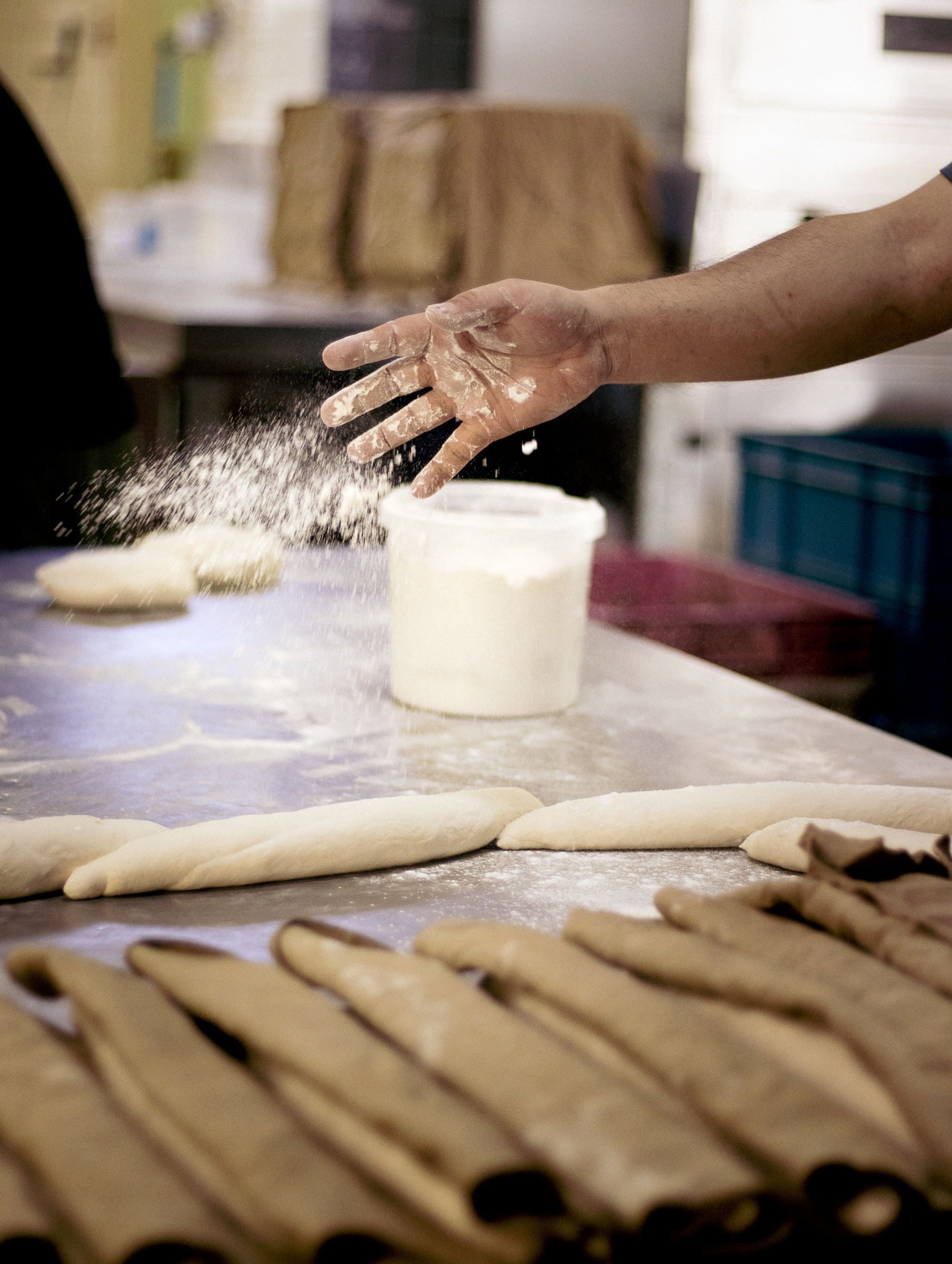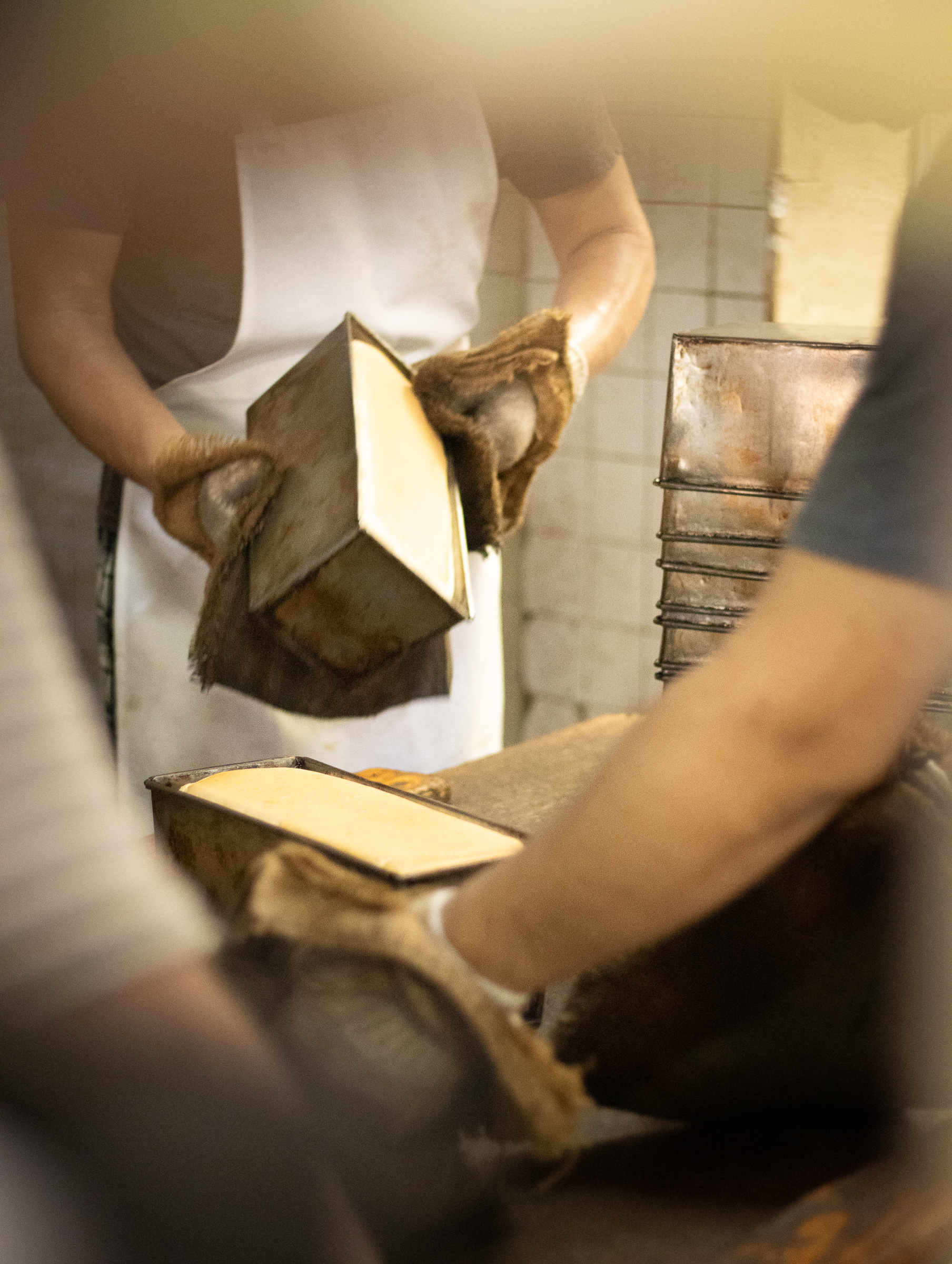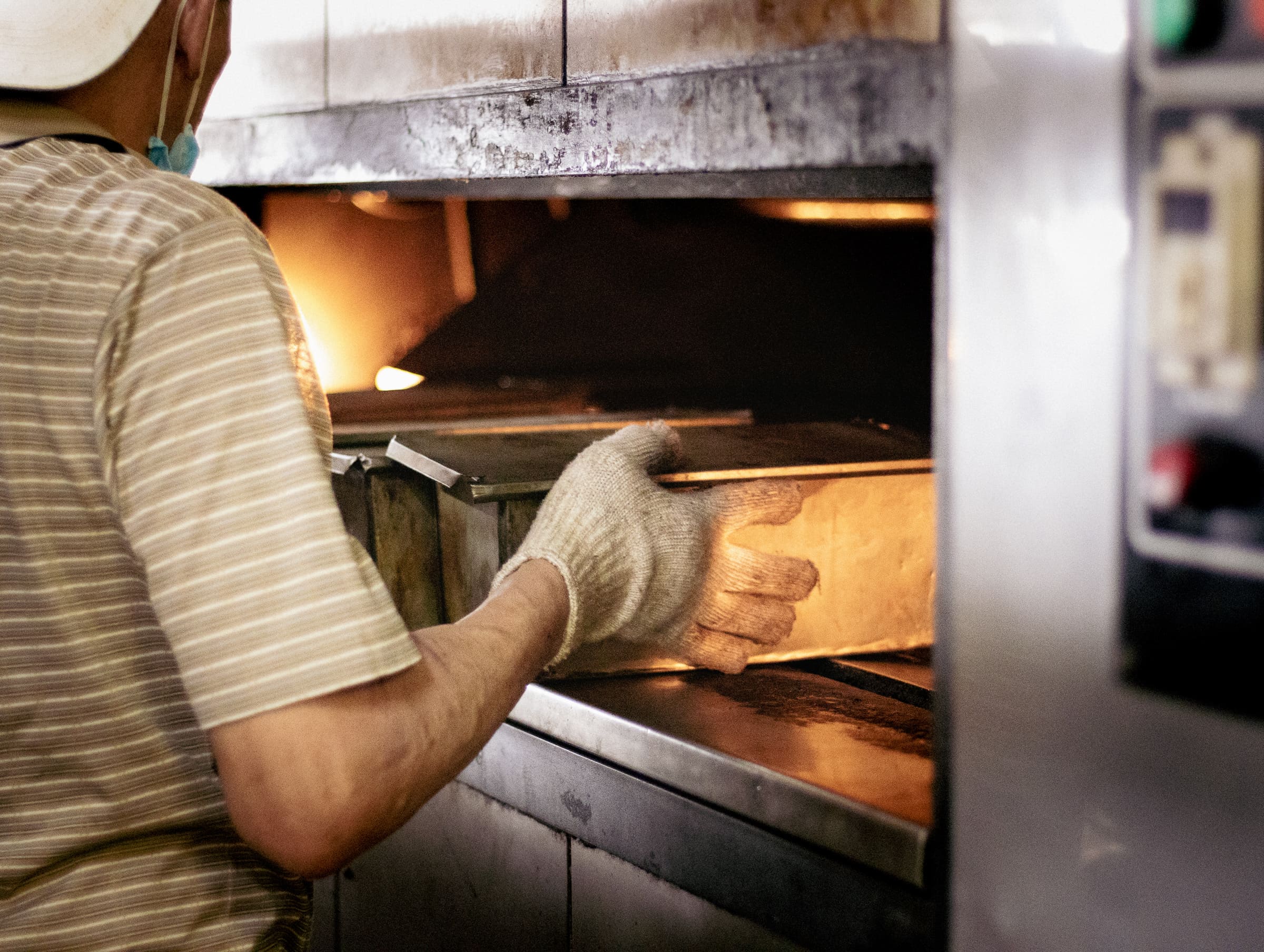With decades of experience working alongside the various traditional performing arts, Leong Shin Wah Art Studio has an in-depth understanding of their unique requirements. For instance, the symbolism behind common design motifs in Chinese opera backdrops is familiar to Fong Wah, who knows which motifs are favoured for each show. This expertise reveals itself when he pulls out his collection of design stencils, all handmade, that he uses for decorating his work. Having them on hand also helps his customers visualise their order. His experience further shows in his crafting of stages used for traditional puppetry – built to last many years, Fong Wah designs them such that they can be used for both glove and string puppet performances.
Like many local tradespeople, Fong Wah faces stiff competition from overseas, where materials and labour costs are often much cheaper than Singapore. Carpentry products today can be constructed from prefabricated sections fashioned in Taiwan or Indonesia, and then shipped to Singapore for final assembly. This process results in cheap products that Leong Shin Wah Art Studio often cannot compete with on price alone. Instead, they strive to distinguish themselves from the competition by providing comprehensive services to their customers – they handle transport, setup, adjustments, teardown, and disposal of any carpentry work purchased from them. This service is particularly popular with customers who require only temporary installation of billboards and other items for seasonal events, such as community centres celebrating National Day.
Fong Wah fondly remembers a time when business was conducted in a more “personal” fashion – customers would make their way down to the studio to choose building materials and provide instructions on their commissions. Thereafter, when any friends of theirs required carpentry work, these satisfied customers would personally bring them down to the studio to introduce them to Fong Wah, who was then able to gather the information he needed in-person, in a dialect that he understood.
Over the decades, however, Fong Wah has noticed that more and more of his business is being conducted digitally – through websites and emails – and often in English. Prospective jobs nowadays may require him to go through tendering processes that are conducted almost exclusively in English, and require a level of IT savvy which sometimes eludes his generation. Recognising that business practices have changed, Fong Wah understands that he should also grow with the times; he recently began tendering for opportunities via the government’s online procurement portal, GeBIZ. Happily, these forays bore fruit – Fong Wah was engaged by a public school to fashion several new carpentry commissions.
Fong Wah is constantly on the lookout for new business opportunities to keep Leong Shin Wah Art Studio going. For a while now, he has been eager to do work for Getai (歌台, literally “song stage”) performances as he believes there is demand for Getai shows, and because such shows often call for carpentry and painting work to build colourful backdrops. However, finding work from Getai groups has not been easy. Modern Getai backdrops are elaborate structures that typically involve additional lighting systems, which require a whole new set of skills to wire and install. While Fong Wah is confident that he can hone these skills along the way, the high cost of these lighting systems presents a further obstacle to his aspirations, as he would have to invest significantly in purchasing these systems in order to build his first Getai set. Undeterred, Fong Wah continues to source for business elsewhere and take on a variety of different commissions in order to sharpen his skills, while waiting for a suitable Getai opportunity to arise.







